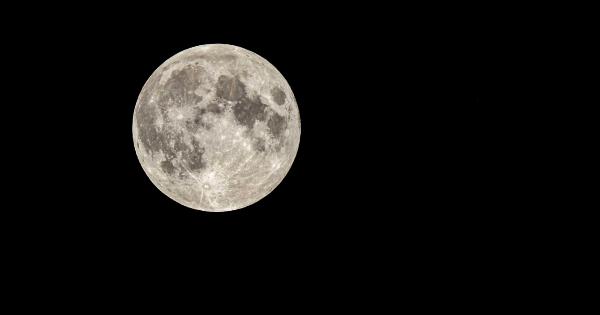Artificial light has become an indispensable factor in modern lifestyle. In recent years, we are spending more time indoors with technology that provides artificial light such as fluorescent bulbs, LED lighting, computer screens, and mobile phones.
However, numerous studies suggest that exposuring artificial light at night and being deficient in natural light during the day may increase the risk of developing depression.
How Artificial Light Affects Our Mood and Health?
Light plays a critical role in regulating our sleep-wake cycle, also known as the circadian rhythm. The circadian rhythm helps to synchronize our body to the 24-hour cycle of day and night.
Exposure to natural light during the day promotes alertness and energy, while darkness at night helps us sleep.
On the other hand, exposure to artificial light at night disrupts the circadian rhythm.
Specifically, blue light wavelengths, which are abundant in electronic devices and many artificial lights, suppress the production of melatonin, a hormone that regulates sleep and mood. Hence, exposure to blue light during can lead to insomnia, depression, and other health problems.
Artificial Light and Sleep
Many studies have shown that exposure to artificial night-time light can cause insomnia. A study conducted in Japan found that people who turned the lights off later at night were more likely to have insomnia and depression.
Also, another study found that adolescents who slept with the light on in their room had a higher incidence of depression and anxiety.
Additionally, shift workers who work at night and are exposed to artificial light have a higher risk of depression.
Because their work schedules are out of sync with their circadian rhythm, they may experience sleep disturbances, mood changes, and other health difficulties.
Artificial Light and Mood
Studies have suggested that exposure to artificial light may alter our mood. Researchers at Ohio State University discovered that light exposure may change the levels of neurotransmitters in our brains.
Specifically, they found that exposure to bright light increased serotonin, a neurotransmitter that regulates mood, and reduced dopamine, a neurotransmitter associated with motivation and pleasure.
Moreover, a study in the journal “Environmental Health Perspectives” found that blue light, which is abundant in electronic devices, can lead to depression in rats.
The researchers found that rats exposed to blue light for 7 hours a day for four weeks had reduced levels of serotonin in their brains. Additionally, when the rats were placed in a stressful environment, they showed more signs of depression and anxiety.
The Negative Effects of Not Getting Enough Natural Light
Not receiving sufficient natural light during the day can also increase the risk of depression. In winter months, many people experience seasonal affective disorder (SAD), a type of depression caused by lack of sunlight.
Symptoms of SAD include fatigue, irritability, lack of concentration, and a desire to sleep.
Additionally, a study conducted in Sweden found that office workers who were not exposed to natural light during the workday reported more depression and sleep disturbances than those who had a window in their office or worked outside.
Preventing Artificial Light-Induced Depression
There are some simple yet effective measures that individuals can take to minimize the detrimental effects of artificial light on their mental health, including:.
- Using warm light bulbs or filters on electronic devices that reduce blue light emissions
- Minimizing exposure to electronic devices at night, especially before bedtime
- Getting enough natural light during the day through outdoor activities or by using light therapy lamps indoors
- Keeping the bedroom dark and quiet at night to promote sleep
- Avoiding night shift work or considering a career change if night shift work is unavoidable
Conclusion
Artificial light has become an unavoidable and essential factor in our lives.
However, overexposure to artificial light at night and inadequate natural light during the day can disrupt our circadian rhythm and increase the risk of depression, sleep disturbance, and other health issues. Individuals should take necessary steps to minimize exposure to artificial light at night and increase the intake of natural light during the day to improve their mental wellbeing.































